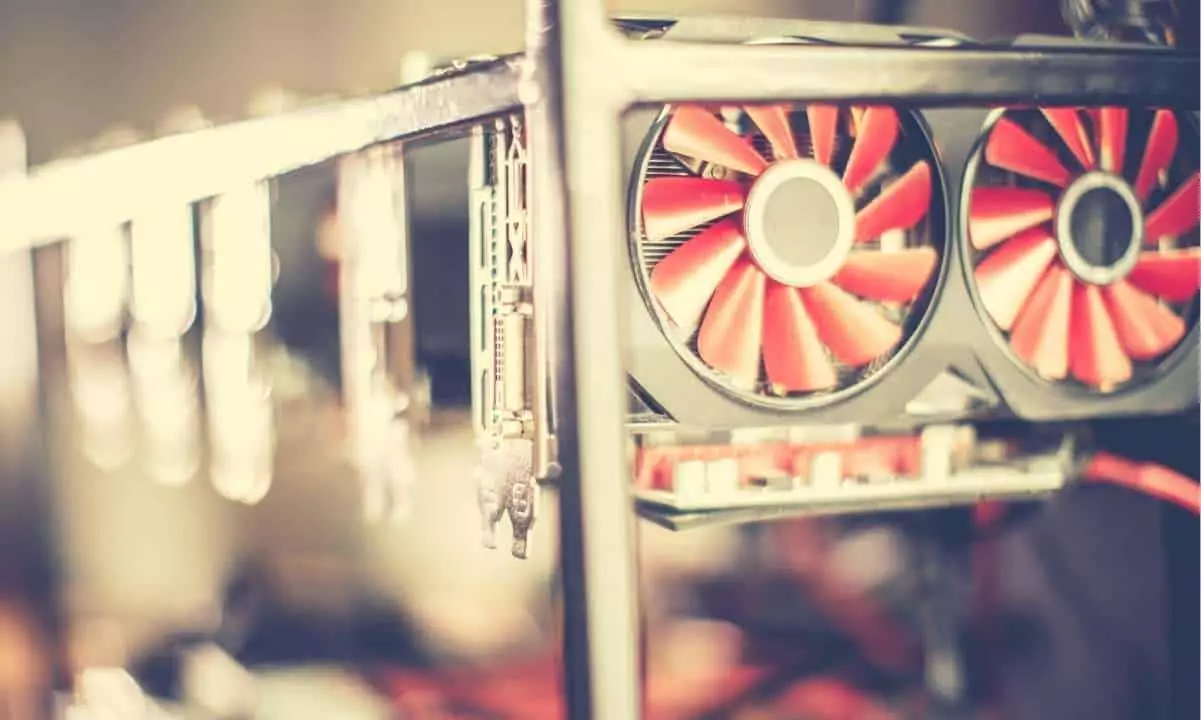TeraWulf’s recent earnings report for the second quarter of 2024 highlighted a decrease in Bitcoin production compared to the same period in the previous year. The company mined 699 BTC across its facilities, representing a 21% decrease from the preceding year. This decline in BTC output could be concerning, especially in the context of a volatile market where Bitcoin prices can fluctuate significantly.
Despite the reduction in Bitcoin production, TeraWulf’s revenue for the quarter saw a modest increase, exceeding the estimated figures slightly. However, the company posted a loss of $0.03 per share, which was worse than the expected $0.02 loss per share. This discrepancy between revenue growth and profitability raises questions about the company’s cost structure and operational efficiency.
One of the key challenges highlighted in the earnings report was the significant increase in the cost of mining Bitcoin. TeraWulf experienced a 243% rise in mining expenses, with costs climbing from $6,688 per Bitcoin in Q2 2023 to $22,954 per Bitcoin in Q2 2024. This surge in expenses was attributed to a variety of factors, including a nearly doubled network difficulty and the impact of April’s Bitcoin Halving event.
TeraWulf’s CFO, Patrick Fleury, emphasized the company’s commitment to diversifying its operations into high-performance computing (HPC) and artificial intelligence (AI) expansion. The firm is currently focusing on a large-scale project at its Lake Mariner Facility, allocating 2 MW of power to support thousands of advanced GPUs. This strategic shift towards HPC and AI could potentially open up new revenue streams and drive future growth for the company.
To facilitate its HPC and AI initiatives, TeraWulf has made significant investments in upgrading its infrastructure and technology capabilities. The company has improved internet connectivity at the Lake Mariner Facility to meet AI bandwidth requirements, implemented a closed-loop liquid cooling system, and ensured power supply redundancy for reliability. These investments reflect TeraWulf’s commitment to embracing technological advancements and staying ahead in the competitive cryptocurrency mining industry.
TeraWulf’s second-quarter earnings report presents a mixed picture of performance, with both positive and negative indicators. While the company has shown resilience in the face of challenging market conditions, there are areas of concern such as declining Bitcoin production and rising mining expenses. Moving forward, TeraWulf’s strategic shift towards HPC and AI could be a game-changer, but it will be crucial for the company to address its cost structures and operational efficiency to ensure long-term sustainability and profitability.

